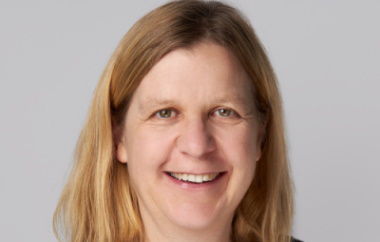Deputy Scientific Managing Director DBFZ Deutsches Biomasseforschungszentrum gemeinnützige GmbH, Head of the Department “Bioenergy” Helmholtz Centre for Environmental Research (UFZ), Chair “Bioenergy Systems” Leipzig University
Prof. Daniela Thrän is head of the Department of Bioenergy at the UFZ (Centre for Environmental Research) and deputy scientific managing director of the DBFZ Deutsches Biomasseforschungszentrum gemeinnützige GmbH (German biomass research centre) both located in Leipzig. She holds the chair for bioenergy systems at the University of Leipzig and is spokesperson of the UFZ integrated platform Sustainability Transformation.
Daniela Thrän is also member of the Bioeconomy Council of the Federal Government of Germany since September 2012. Since 2021 she is co-chair of this council. She represents Germany on the ISO Committee “Biogenic Solid Fuels” and was head of scientific accompanying research in the “Bioeconomy Cluster” from 2012 to 2017. From 2017 to 2019, she worked in the Extended Leadership Council of the Sustainable Development Solutions Network (SDSN) and is still a member of the SDSN.
As system scientist, Daniela Thrän investigates how bioeconomy can be developed in the most sustainable way. Renewable resources should be used in circular systems, and this should be part of a circular economy. Her scientific focus is the use of biomass and biomass residue to produce bioenergy. She leads research projects with interdisciplinary collaboration in the fields of bioenergy, bioeconomics, and the spatial impact of renewable energies. She has developed the “Smart Bioenergy” approach, considering technologies and concepts needed for a more flexible bioenergy provision in future energy systems.
Daniela Thrän studied Environmental Engineering at the Technical University of Berlin. She finished her PhD at Bauhaus University Weimar having worked on material flow accounting in rural areas. After holding positions at the University of Potsdam and the University of Stuttgart, she joined the DBFZ and accepted a call to Leipzig University.






